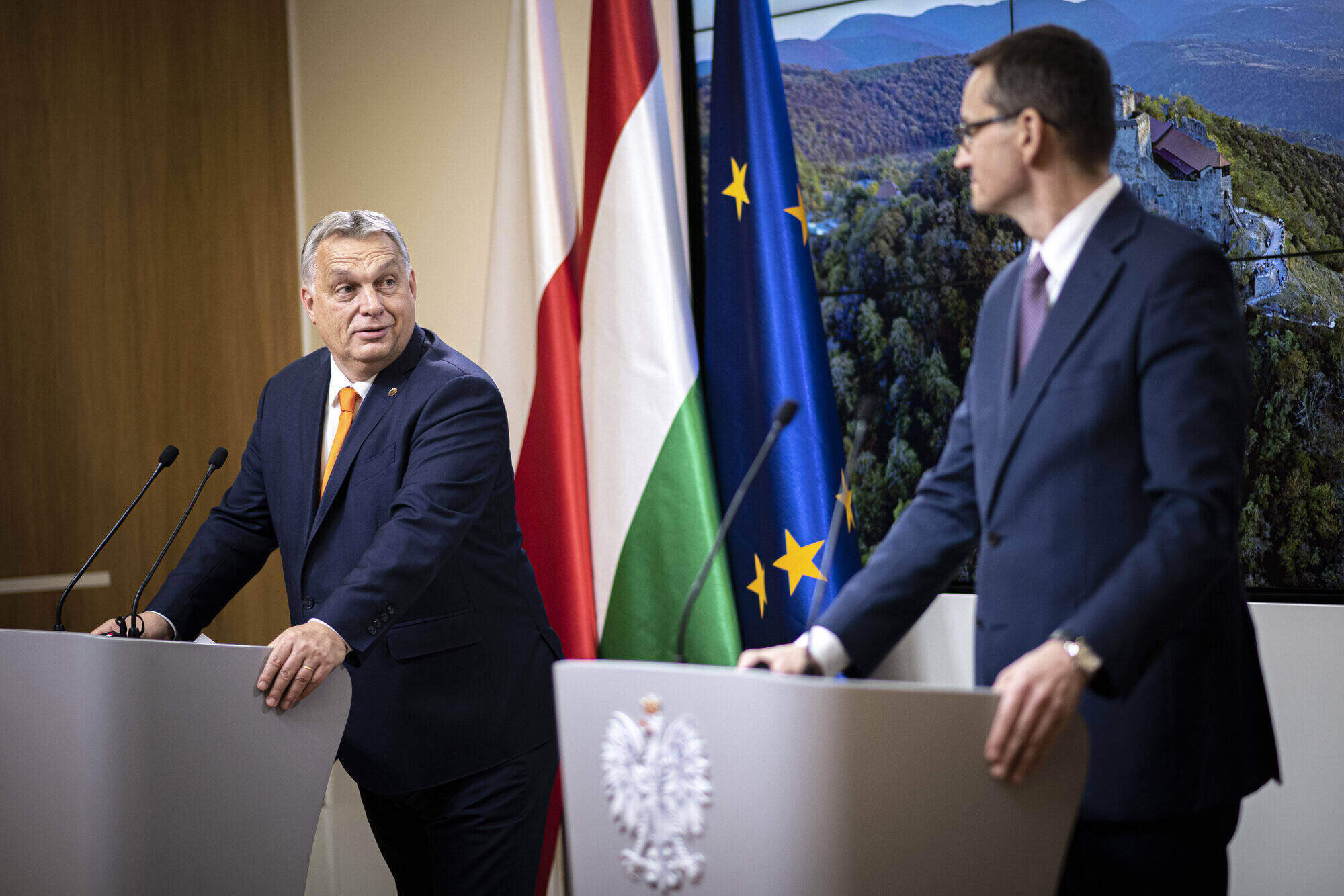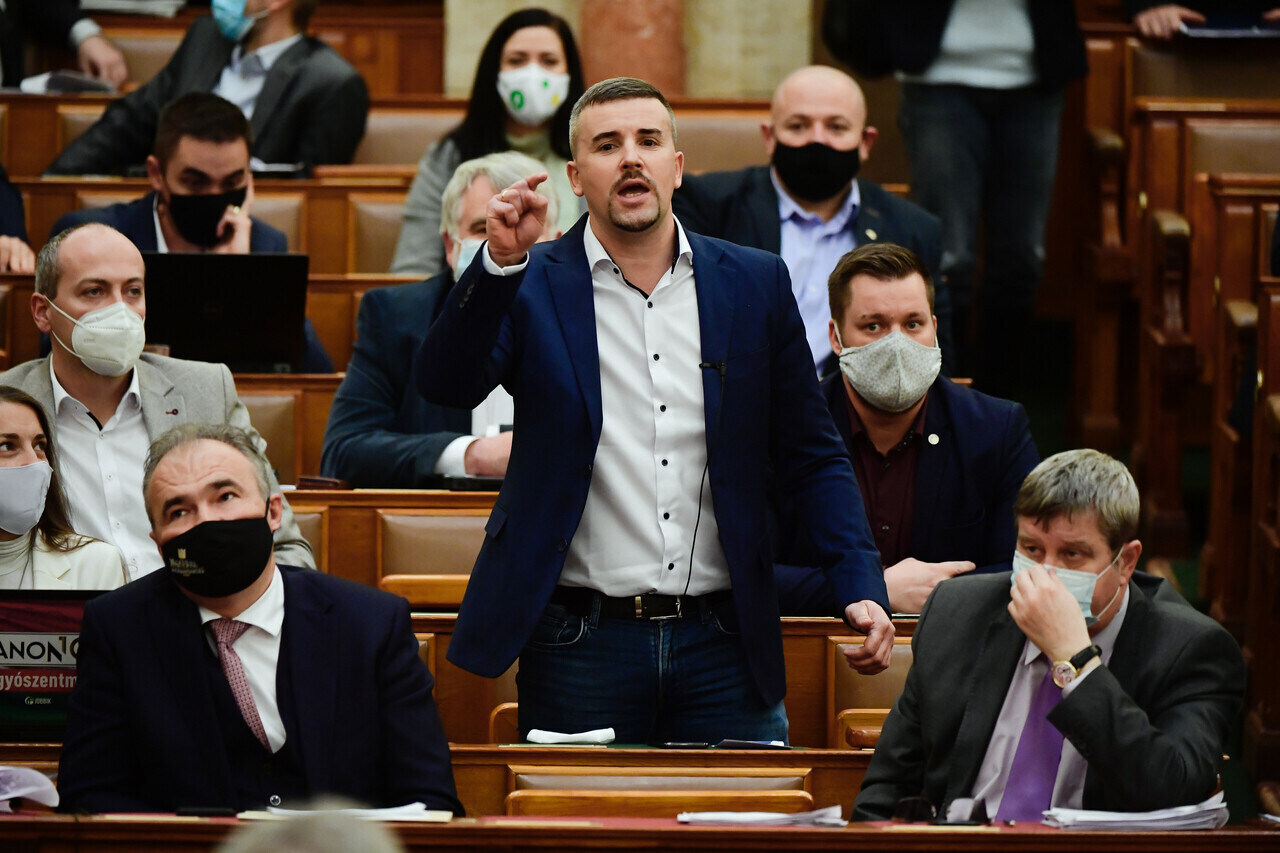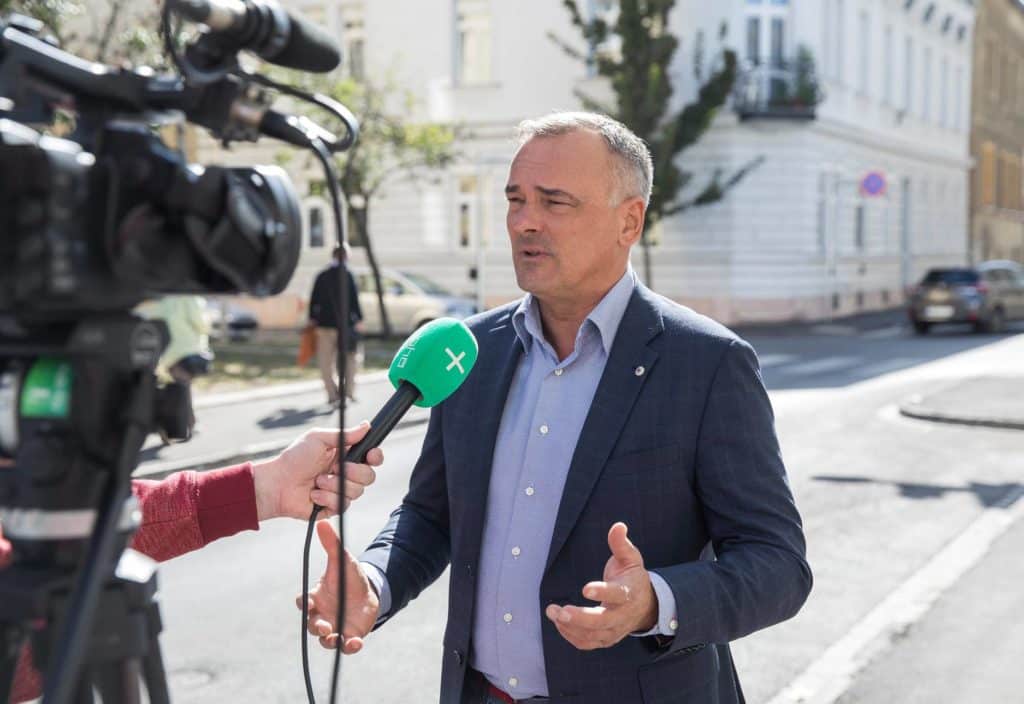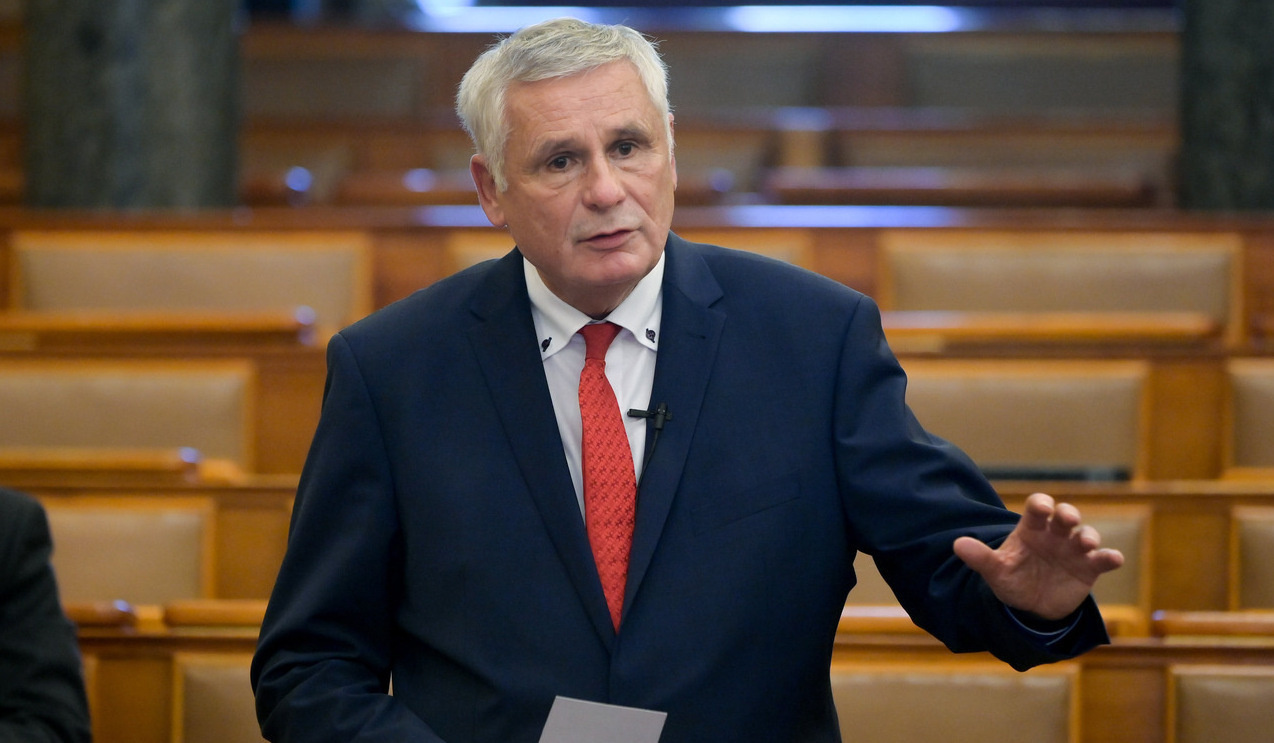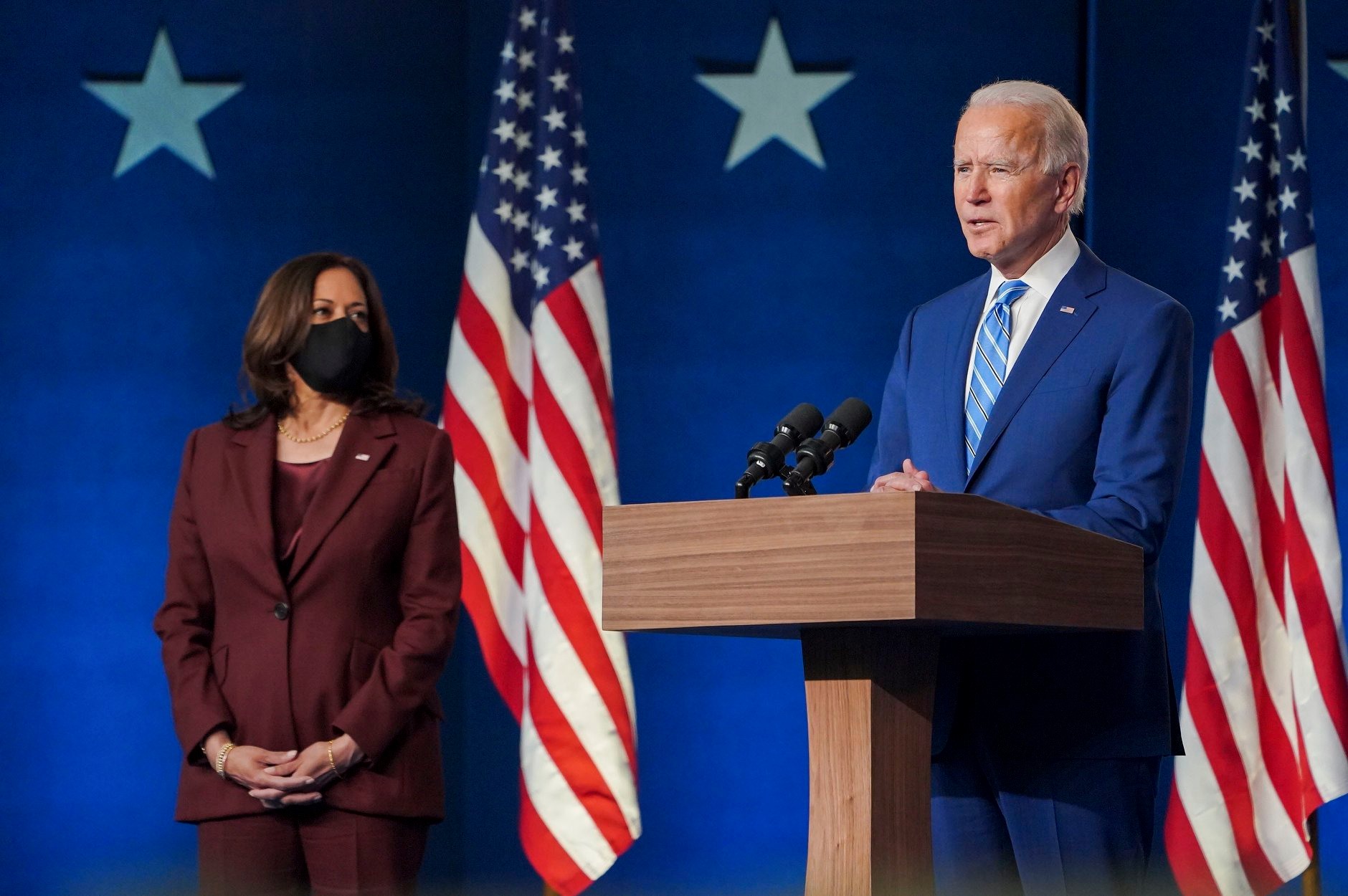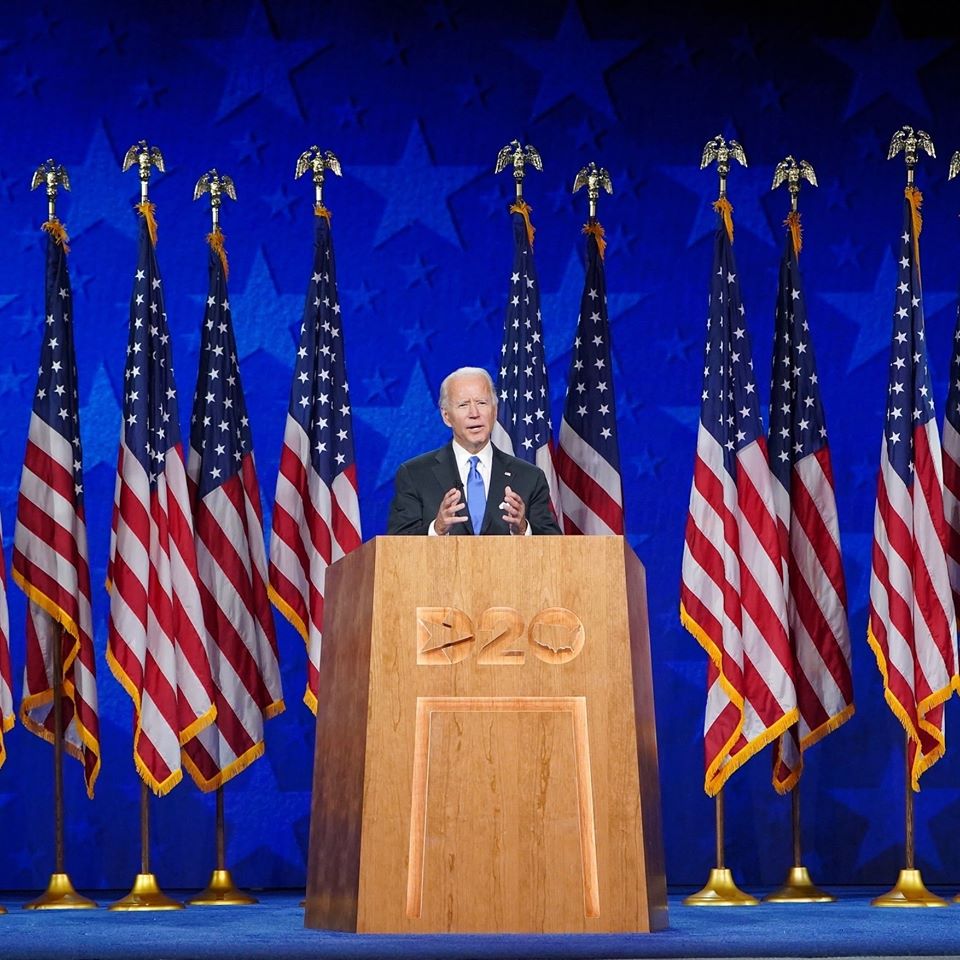Jobbik MEP Gyöngyösi: What is this EU budget agreement actually about?

Remarks from Jobbik MEP Márton Gyöngyösi:
The European Union’s founding fathers may hardly have thought that the friendship and cooperation based community of European nations gets to the point by the early 2020s where certain member state leaders, after trampling upon the rule of law at home and trumpeting slogans the likes of which were last heard in Western Europe in the 1930s, would go as far as to openly threaten the EU’s vital economic recovery plan with a veto for their own political gains.
The fact that we got here must be a serious lesson for all decision makers who firmly believe in democratic values and the idea of the common Europe.
Despite all the difficulties, the good news is that we can already see the outline of a historic agreement on the common European loan, the recovery fund and the next seven-year budget, along with the most concrete rule of law criteria laid out in the deal. Although it still needs the European Parliament’s nod next week, the lion’s share of the work seems to have been done. Of course, it wouldn’t be a genuine European agreement if it did not allow everyone to interpret the achievements according to their own liking. They can do this for now, since it takes months for the results to be seen.
The biggest debate was about the actual rule of law criteria as the western states are increasingly annoyed by how certain Eastern European governments fail to spend the EU funds on their allocated purposes.
Let us state here that Hungary’s authoritarian Fidesz regime is built on a system where the EU monies are channelled to Orbán’s loyal men and the local oligarchs who secure Fidesz’s election victories through vote buying and electoral frauds in return, often keeping the local people in feudalistic political and societal conditions. No wonder Orbán has categorically opposed the idea of introducing the rule of law criteria, even with no binding force, into any section where money was at stake. For this struggle of his, he found a moderately reliable ally in the Polish government in which the issue caused a serious divide between the coalition partners in the end.
Did Orbán achieve what he wanted? Clearly not. What he achieved by his combative stance and blatant threats in the past months was that he can now challenge the rule of law criteria in the European Court of Justice and if things go his way, he will not have to face such sanctions before the 2022 elections that would jeopardize his pre-election financial plans. Of course, this is just an opportunity and not a security for him as the Court may make a decision much sooner. On the other hand, Orbán has squandered all his remaining political capital for this opportunity: he is now facing truly serious consequences in the European People’s Party. The German and Austrian parties which protected him thus far have had enough of him by now and the V4 Group, which had long been considered as something of an anti-EU alliance, is now completely disbanded: the Czech Republic and Slovakia never shared Orbán’s views while the Polish government coalition got into a crisis.
And yet, many publicists interpreted this agreement in the Hungarian media as a victory for Orbán, since he gained time, in theory at least.
That is an interesting approach, especially in light of the fact that the Hungarian PM has just signed something he specifically had Fidesz’ parliamentary majority “forbid” him last summer and to which he responded by defaming the German nation in an intolerable tone in his letter to Manfred Weber just as recently as a few days ago. Of course, if you have just a little insight into how Fidesz operates, you know that Orbán typically aims to gain time just for the next few months. If you think this is grand strategic statesmanship – it’s your loss.
Fortunately, the European Union has a longer foresight than just two years and, historically speaking, this agreement may be considered successful since we were able to make common progress in several areas where such steps would have been unthinkable even a couple of years ago. The direction is set – and the freeloaders like Orbán might stay with us for a little longer but they have no future in this community.
Europe has made a decision and I hope we, Hungarians are also going to make a good decision at the right moment and show the door to those who look to the 1930s instead of the 2030s for inspiration.


